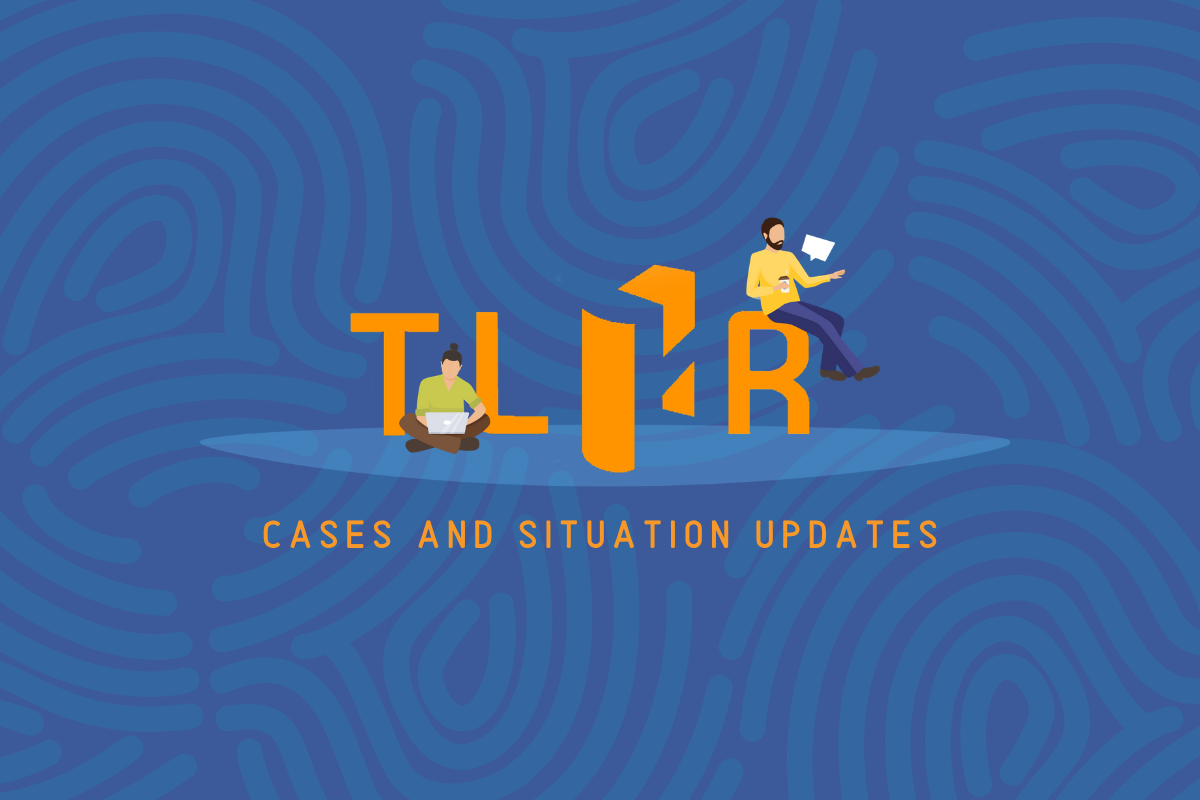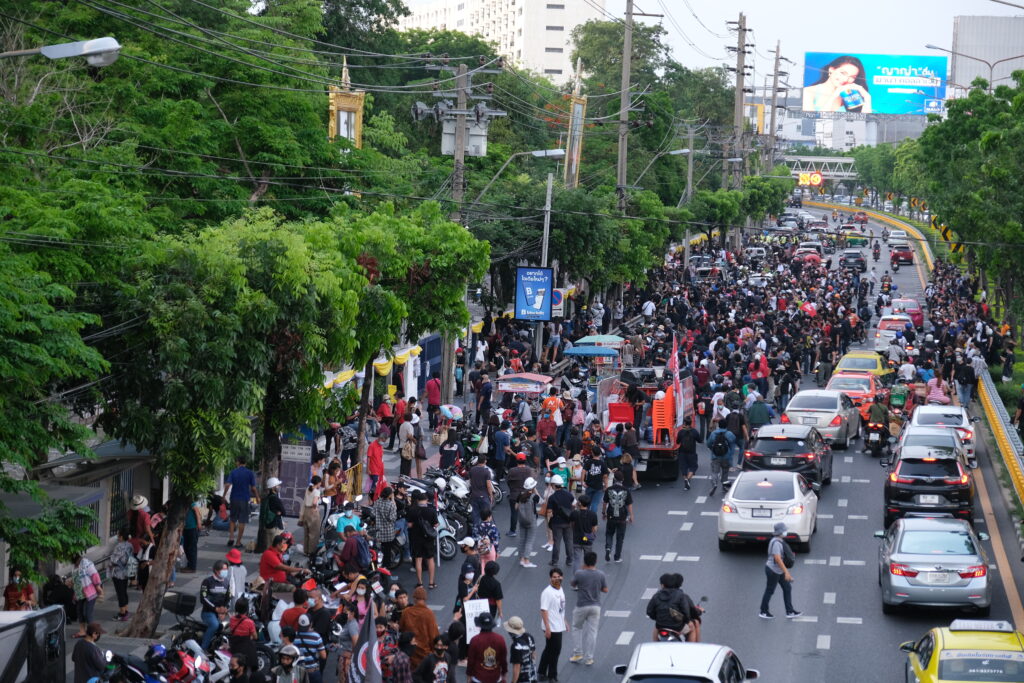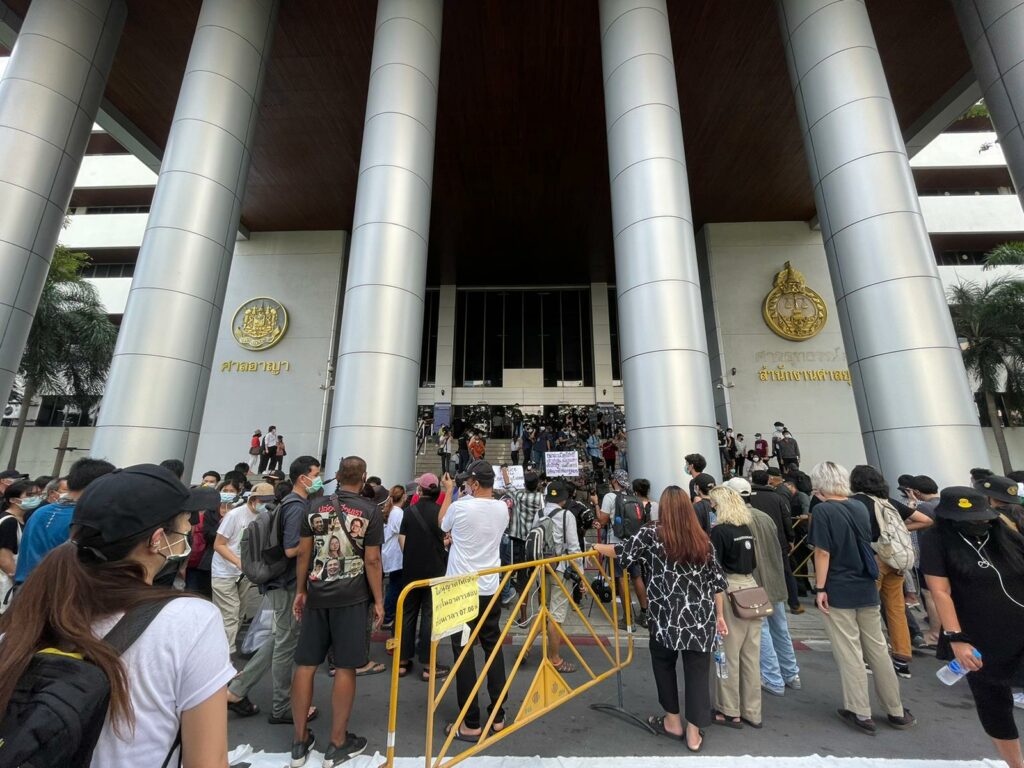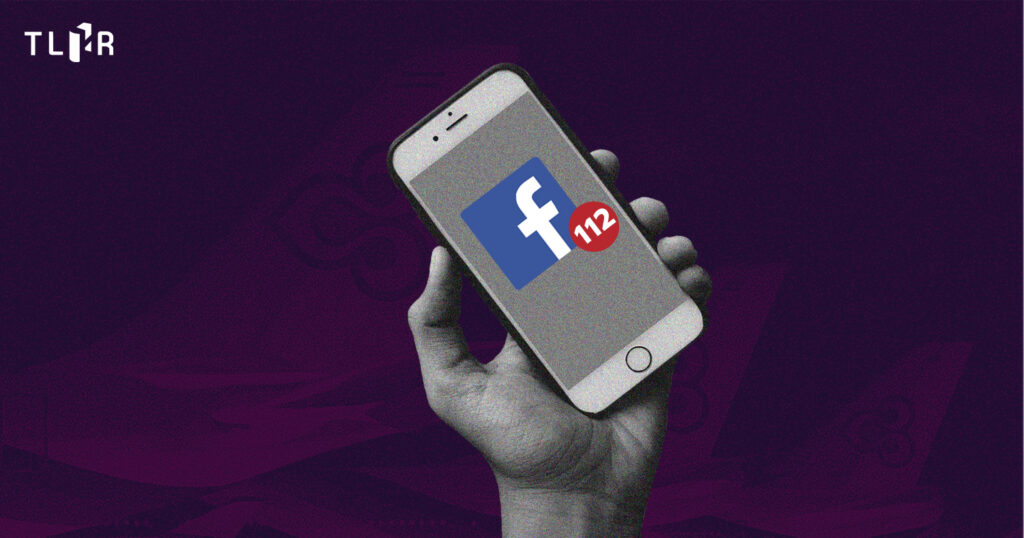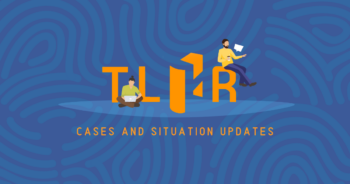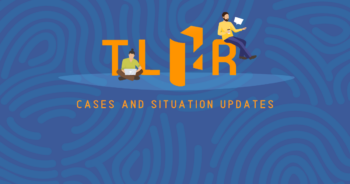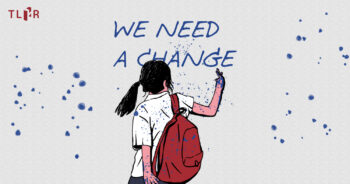| Human rights situation amidst the Covid-19 pandemic
Covid-19 infection broke out in the Bang Kwang Central Prison. The Department of Corrections initially refused to disclose the information. Meanwhile, the Emergency Decree charges continue to be used against public assemblies. On 27 May 2021, the government has approved the nationwide extension of the emergency situation for the 12th time for the period of two months from 1 June – 31 July 2021. As a result, the emergency situation due to the Covid-19 pandemic will have taken effect for at least 1 year and 4 months consecutively. Since the declaration of the emergency situation until the end of May 2021, the TLHR found that at least 510 people in 154 cases had been accused of breaching the Emergency Decree provisions, including: 131 cases under the Emergency Decree aimed to control the spread of Covid-19 23 cases during the announcement of the state of serious emergency in Bangkok (from 15 October, 4 a.m. to 22 October, 12 p.m.)
The TLHR has made the following important observations regarding the prosecution tendency identified in May 2021
As for the prosecution of political expression, the TLHR has observed that since the “Free Youth” rally on 18 July 2020 until the end of May 2021, at least 679 people in 344 cases had already been charged due to political participation and opinions. Among this number were 43 minors below 18 years old, 155 women, and 31 LGBTQs (as far as we know). Compared to the figures as of the end of April 2021, May saw an increase of 44 individuals and 43 cases (only counting those who had not been charged before). With regards to the “lese majeste law” or section 112 of the Penal Code, at least 97 people in 92 cases have been accused until now. In May, 9 people in 11 cases were charged with this law, including young people of 14 and 16 years old who were summoned by the Phitsanulok Police Station and Bang Kaew Police Station. In the past month, the Court began to release prisoners pending section 112 trial as a result of bail requests. Similar bail conditions were set for every individual, namely, the accused/defendant must not organize an activity that damage the reputation of the monarchy, participate in an assembly creating public disorder, and travel aboard. The accused/defendant must also verbally agree to such conditions in person before the Court. Thus, as far as the TLHR knows, no section 112 prisoners are being detained during trial by the beginning of June. For other political cases, however, 2 people awaiting trial are still in detention. The first was Sam Samet, a stateless man who was arrested for participating in the 28 February rally in front of the 1st Infantry Regiment. The second was Supakorn, who was prosecuted with the Computer-related Crime Act and given a 54-month imprisonment for retouching images of the King and shared 9 posts on Facebook. This latter case is under appeal. In the meantime, public prosecutors have been forwarding section 112 cases to the Court at a rather rapid pace. In May, at least 8 cases have been indicted, including that of Thanakorn, an LGBT youth who spoke at the 6 December rally at Wong Wian Yai. His case, which has been forwarded to the Juvenile Court, was considered the first indictment against juvenile. Hence, there are currently in total of 15 section 112 cases that have been indicted since the end of 2020. 2. The insult/contempt of court cases have reached 16 cases. In May, the number of insult/contempt of court cases rose rapidly against the backdrop of increasing protests and criticisms against the judiciary. Since the Free Youth rally until May 2021, 13 people in 13 cases have already been accused of contempt of court and 20 people in 3 cases have been accused of insulting the court. The contempt of court charge is contained in section 30 – 33 of the Civil Procedure Code enacted to ensure the smooth adjudication in the court area. In the past month, 6 people in 7 cases have been issued summon warrants for inquiry in a contempt case due to their participation in a protest in front of the Criminal Court calling for the right to bail for the political prisoners on 29-30 April 2021. The insult of court charge is mentioned in section 198 of the Penal Code. In May, the police officers at the Phahonyothin Police Station sought arrest warrants for at least 20 protestors who were in front of the Criminal Court on 29-30 April and on 2 May 2021, both for this charge as well as other charges. Many of these people were also simultaneously charged with contempt. In addition, protests in front of courts have also led to continuous arrests and prosecution of citizens. These included arrests of participants of 2 May rally in front of the Criminal Court, who were either only there to sell t-shirts and books or insisted that they were not related to the throwing of items, and charging of participants of the “Stand for Bail” activity in front of the Supreme Court.
3. Facebook and Twitter users received court writs for the examination of censorship requests by the MDES. In May 2021, the TLHR received reports that at least 11 Facebook and Twitter users had received writs from the Criminal Court for the examination of requests submitted by the MDES asking the Court to block content on the users’ Facebook and Twitter account. The Ministry claimed that the sharing of the information violated the law. The writs were found to have been sent via email from an anonymous account without attaching a copy of the Ministry’s request being referred to, so the details about the post or text in question remained unclear. Moreover, Andrew MacGregor Marshall, an independent journalist who published information about the Thai monarchy, also revealed that he had received the writ in a similar manner. However, in his case, the request was to block his entire Facebook account. It is predicted that many other individuals had received writs in this manner. The TLHR has discovered that the court had previously ordered the denial of access to computer data on Facebook or Twitter according to section 20 of the Computer-related Crime Act simply by considering the requests of the MDES only and did not conduct an examination with the individuals whose content was requested to be blocked. The occurrence may have resulted from the case where the Criminal Court approved the MEDS request to block the access to the live streaming of Thanathorn Juangroongruangkit, the leader of the Progressive Movement, addressing the government’s Covid-19 vaccine procurement. Later, Thanatorn submitted an objection and requested the Court to revoke the blocking order. Afterwards, the Court proceeded to examine both parties. On 8 February 2021, the Criminal Court eventually issued the blocking order. Partly, the Court ruled that the issuance of the order blocking or removing computer data was a clear and permanent restriction of rights and liberties of citizens, and that when the procedure was concluded, there was no further opportunity to refute it. The application of the Criminal Procedure Code by analogy to such a request should be treated as a criminal case, where all parties are given opportunities to defend the case to the best of their abilities. The Court saw that examining the complainant’s witnesses one-sidedly before immediately issuing an order was an unlawful procedure. 4. Individuals affiliated with authorities have more actively accused people of defamation/insult/Computer-related Crime Act. Another identified tendency in May is that individuals affiliated with authorities have increasingly used legal actions against people expressing opinions on political or social issues with defamation, libel, or Computer-related Crime Act charges. Particularly, Gen Prayuth Chan-ocha has assigned Mr Apiwat Khantong, executive assistant to the Prime Minister’s Office, to accuse many Facebook or Twitter users of defamation or insult. In May, more people have reported themselves to the police to hear the charges, including Weerachatpong (lastname undisclosed), a person with intellectual disability who was accused of insults from posting content cursing Gen Prayuth Chan-ocha on Facebook, or John Winyu who was accused of two tweets criticizing Gen Prayuth’s administration performance. Moreover, Saksiam Chitchob, Minister of Transport, has assigned a lawyer to initiate a legal proceeding against several Facebook or Twitter users who posted about a man who visited a nightlife venue and contracted Covid-19 and wrote texts alluding to him with charges under the Computer-related Crime Act. The complaints were lodged to the Mueang Buriram Police Station meaning that the accused would have to travel to defend the case in the said province. In addition, the Boon Rawd Brewery Company sued Facebook users who posted images of the rally dispersion near the parliament building on 17 November with texts alleging that the tear gas was fired from the company’s premises. Originally, defamation charges were filed to the police against 2 people. Later, charges under the Computer-related Crime Act were also filed against 4 other people but directly to the Bangkok South Criminal Court.
5. State authorities continuously monitor and harass people posting about the monarchy online and political activists. This month, the TLHR also received reports of at least 30 people who had been followed by state authorities to their home because they had posted or shared texts related to the monarchy or expressed political opinions in various ways. These incidents took place in provinces, such as Supanburi, Lopburi, Ratchaburi, Khon Kaen, Roi Et, Maha Sarakham, Udon Thani, Sakon Nakhon, Surin, Phetchabun, Tak, and Chiang Mai. The majority of cases happened in the Northeast. During 15-19 May 2021, in particular, plain-clothed police officers followed at least 9 students and activists in Roi Et to their home to take their pictures, inquire about their background, verify their address, and ordered them to refrain from political activities. Some officers explained that the visit was due to the chief’s order to see no political activities organized by the young activists during Princess Maha Chakri Sirindhorn’s scheduled visit to Roi Et province on 20 May 2021. Similarly, on 10 May 2021, plain-clothed police officers visited the houses of at least 4 people in Sakon Nakhon, stating that they were on the “watchlist”. It was assumed that the incidences were related to the Princess’ visit as well. Such events occur regularly in case of royal visits in the province. Meanwhile, people who posted opinions about the monarchy online have also become targets of the authorities’ monitoring, the majority of whom were students. For instance, in Surin province, two plain-clothed officers visited the house of a 19-year-old student to instruct that he delete the images or texts that might be related to the monarchy, and in Maha Sarakham province, the village head visited a 19-year-old student’s house saying that he was on the watchlist of the local security agency because he had shared monarchy-related Facebook posts. In Tak province, special branch police personnel visited a 23-year-old student at his house claiming that he had shared two posts related to the monarchy and demanding that he delete the said posts. Later, the officers asked him to meet stating that it was for “attitude adjustment” purpose. He was also asked to sign a document confirming that he had really posted the said posts but because he did not know better. |
